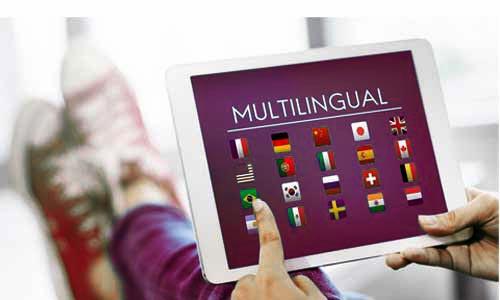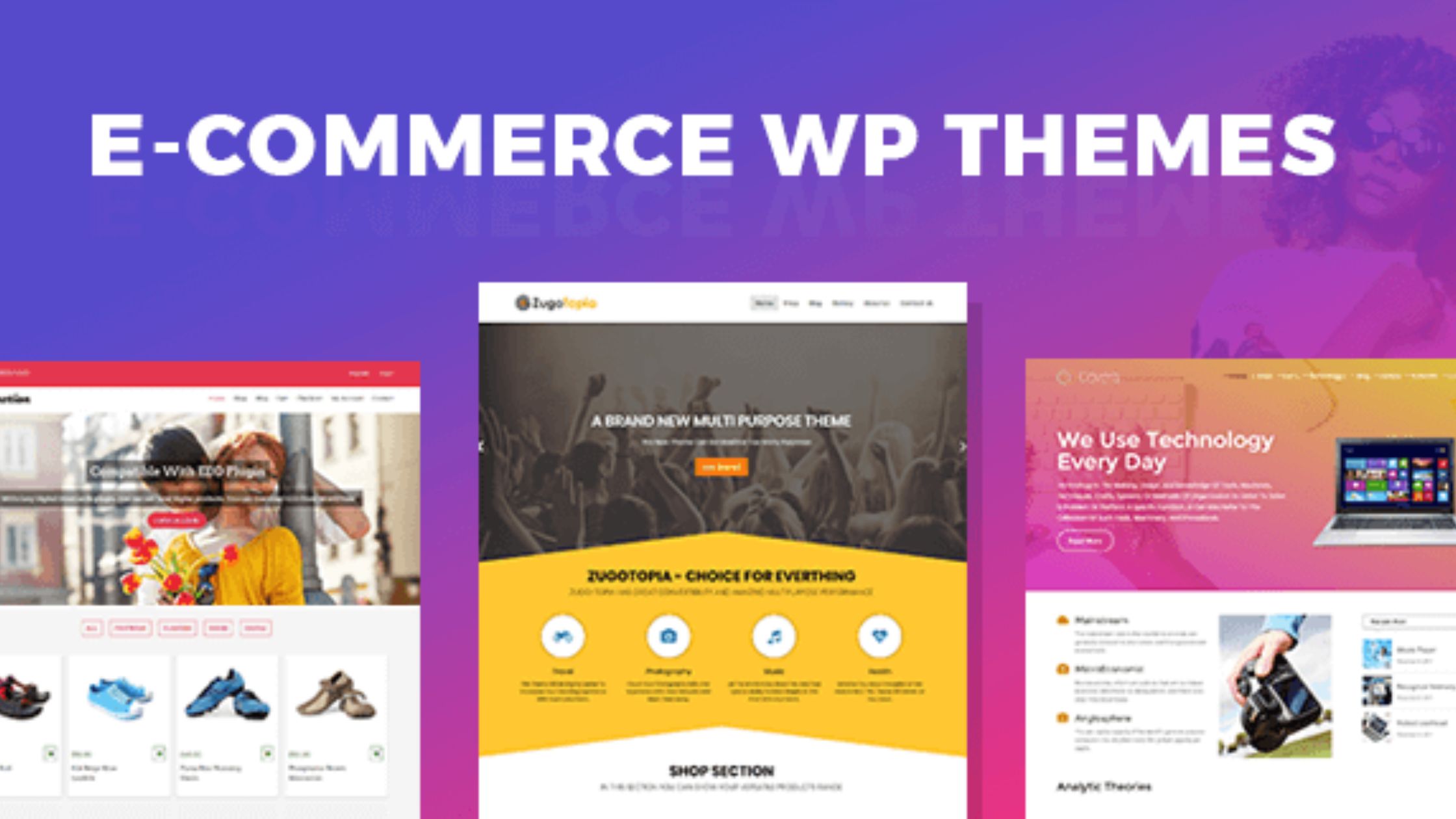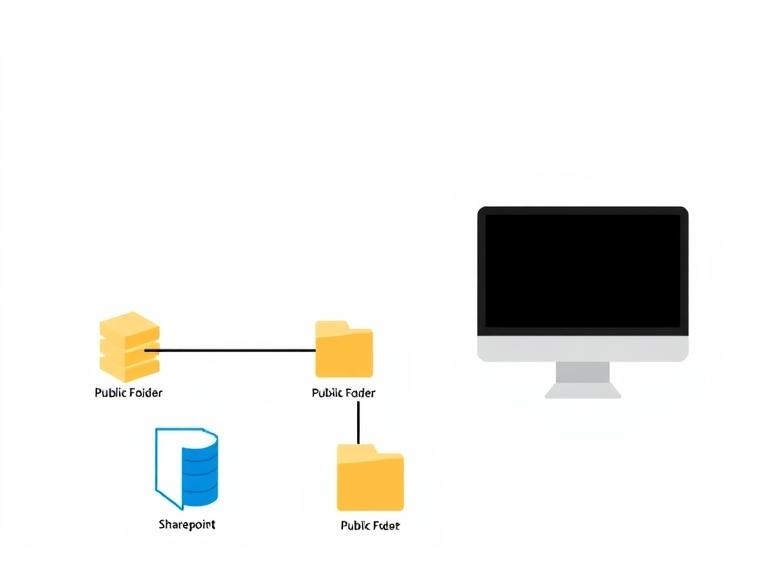Expanding into global markets requires a well-structured approach that caters to diverse linguistic audiences. Businesses aiming for international success must implement strategies that bridge language gaps, ensuring content is accessible and engaging across multiple regions. By leveraging professional multilingual SEO techniques, companies can enhance their visibility and connect with target markets more effectively. Partnering with a multilingual SEO provider helps optimize websites for various languages, ensuring seamless user experiences that drive traffic and conversions.
Understanding Multilingual SEO
Multilingual SEO involves optimizing a website to rank effectively in search engines across different languages. Unlike simple translation, this strategy includes adapting content, keywords, and technical elements to align with cultural and linguistic nuances. It requires expertise in language-specific search behaviors and search engine algorithms to ensure visibility and engagement.
Key elements of multilingual SEO include language-specific keyword research, hreflang tags, and geo-targeting. Implementing these aspects helps search engines serve the right content to the right audience, improving rankings and user experience. Working with a multilingual SEO consultant ensures the correct application of these techniques for maximum impact.
Conducting Comprehensive Keyword Research
Keyword research in multilingual SEO goes beyond direct translation. Each language has unique search behaviors, and literal translations may not align with user intent. Conducting thorough keyword research for each target market ensures that the content resonates with local users. This process includes using regional keyword tools, analyzing competitor strategies, and understanding colloquial variations to enhance search performance.
Using tools like Google Keyword Planner, Ahrefs, or SEMrush helps identify high-performing keywords in different languages. Incorporating these keywords naturally into content enhances readability and search rankings. A SEO consultant can refine keyword selection to maximize audience reach and engagement.
Optimizing Website Structure for Multiple Languages
A well-organized website structure is essential for effective multilingual SEO. There are three primary approaches: subdomains, subdirectories, and country-specific domains. Each method has its advantages, depending on business goals and market strategies.
Implementing Hreflang Tags for Language Targeting
Hreflang tags signal search engines about the language and regional targeting of a webpage. This ensures users see the correct language version based on their location. Proper implementation prevents duplicate content issues and improves rankings.
For example, adding hreflang=”en-us” and hreflang=”fr-fr” tags in the HTML code directs users to the correct version of the site. A multilingual SEO expert ensures accurate placement and validation of hreflang tags to enhance localization efforts.
Creating Culturally Relevant Content
Effective multilingual SEO is not just about translation; it involves content localization. Adapting content to suit cultural norms, idioms, and consumer behavior increases engagement. This includes modifying images, tone, currency formats, and social references to align with local expectations.
Investing in native content writers or professional localization services ensures authenticity. Content that resonates with local audiences builds trust and strengthens brand presence. A multilingual SEO provider can oversee content adaptation to maintain consistency across markets while ensuring cultural relevance.
Leveraging Local Backlinks and Directories
Building local backlinks enhances credibility and search rankings in target regions. Partnering with authoritative local websites, blogs, and directories boosts visibility. Submitting business listings to region-specific directories and engaging with local influencers helps strengthen domain authority.
A multilingual SEO expert can strategize backlink acquisition, ensuring ethical and effective link-building practices. This approach not only improves rankings but also drives referral traffic from trusted sources.
Enhancing User Experience with Multilingual UX/UI Design
User experience plays a crucial role in multilingual SEO. Websites should have intuitive navigation, fast loading speeds, and responsive design across devices. Language switchers should be prominently placed, allowing users to easily switch between languages.
Using automated translations can compromise quality. Instead, professional translation services ensure clarity and coherence. A multilingual SEO consultant can optimize site design to provide a seamless browsing experience that caters to diverse audiences.
Technical SEO for Multilingual Websites
Technical optimization is essential for multilingual websites. Key considerations include:
URL Optimization: Using clear, language-specific URLs enhances user understanding and SEO.
Meta Tags and Descriptions: Crafting unique meta tags for each language version improves click-through rates.
Canonical Tags: Preventing duplicate content issues by specifying the preferred version of a page.
Site Speed Optimization: Compressing images and using content delivery networks (CDNs) to enhance page speed.
A multilingual SEO expert ensures these technical elements are implemented correctly, enhancing search engine visibility and performance.
Measuring Success with Analytics and Monitoring
Tracking multilingual SEO performance requires comprehensive analytics. Google Analytics, Google Search Console, and third-party tools provide insights into traffic sources, user behavior, and keyword rankings. Monitoring key metrics such as bounce rates, conversion rates, and regional performance helps refine strategies.
Regular audits identify areas for improvement, ensuring ongoing optimization. A multilingual SEO consultant provides data-driven recommendations to maximize international reach and engagement.
Conclusion
Breaking language barriers through professional multilingual SEO is essential for businesses aiming for international success. By implementing language-specific keyword research, optimizing website structure, and localizing content, companies can effectively reach global audiences. Leveraging hreflang tags, technical SEO, and local backlinks further enhances search rankings and user experience. Continuous monitoring and adaptation ensure sustained growth in competitive markets. Collaborating with a multilingual SEO consultant streamlines this process, enabling businesses to expand their digital presence across diverse linguistic landscapes successfully.
Break Language Barriers: Professional Multilingual SEO Strategies for International Success









